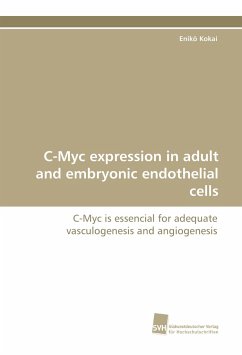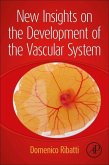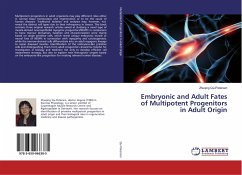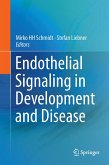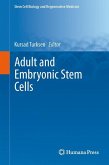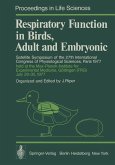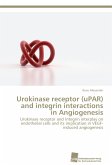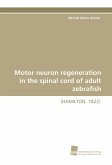It was shown that c-Myc is required for adequate vasculogenesis and angiogenesis. To investigate the contribution of Myc to these processes, we conditionally expressed c-Myc in adult and embryonic endothelial cells. C-Myc expression in adult endothelial cells induced the development of angiosarcomas and/or adenomas. Double transgenic mice died in average with 36 weeks. Inactivation of the transgene system in vivo results in partial tumor regression. C-Myc expressing embryos suffer from widespread edema formation and hemorrhagic lesions. They die between embryonic day (E) E14.5 and E17.5. The changes in vascular permeability are not caused by defects in vascular basement membrane composition or pericyte coverage. Alterations in the architecture of capillary networks were found. Endothelial cells show increased levels of both proliferation and apoptosis. The dermal vasculature of C-Myc expressing embryos show a reduction in vessel branching, which occurs despite up-regulation of the pro-angiogenic factors VEGF-A and angiopoietin-2 (Ang-2). Thus, the net outcome of an excess of VEGF-A and Ang-2 in the face of an elevated cellular turnover appears to be a defect in vascular integrity.
Bitte wählen Sie Ihr Anliegen aus.
Rechnungen
Retourenschein anfordern
Bestellstatus
Storno

